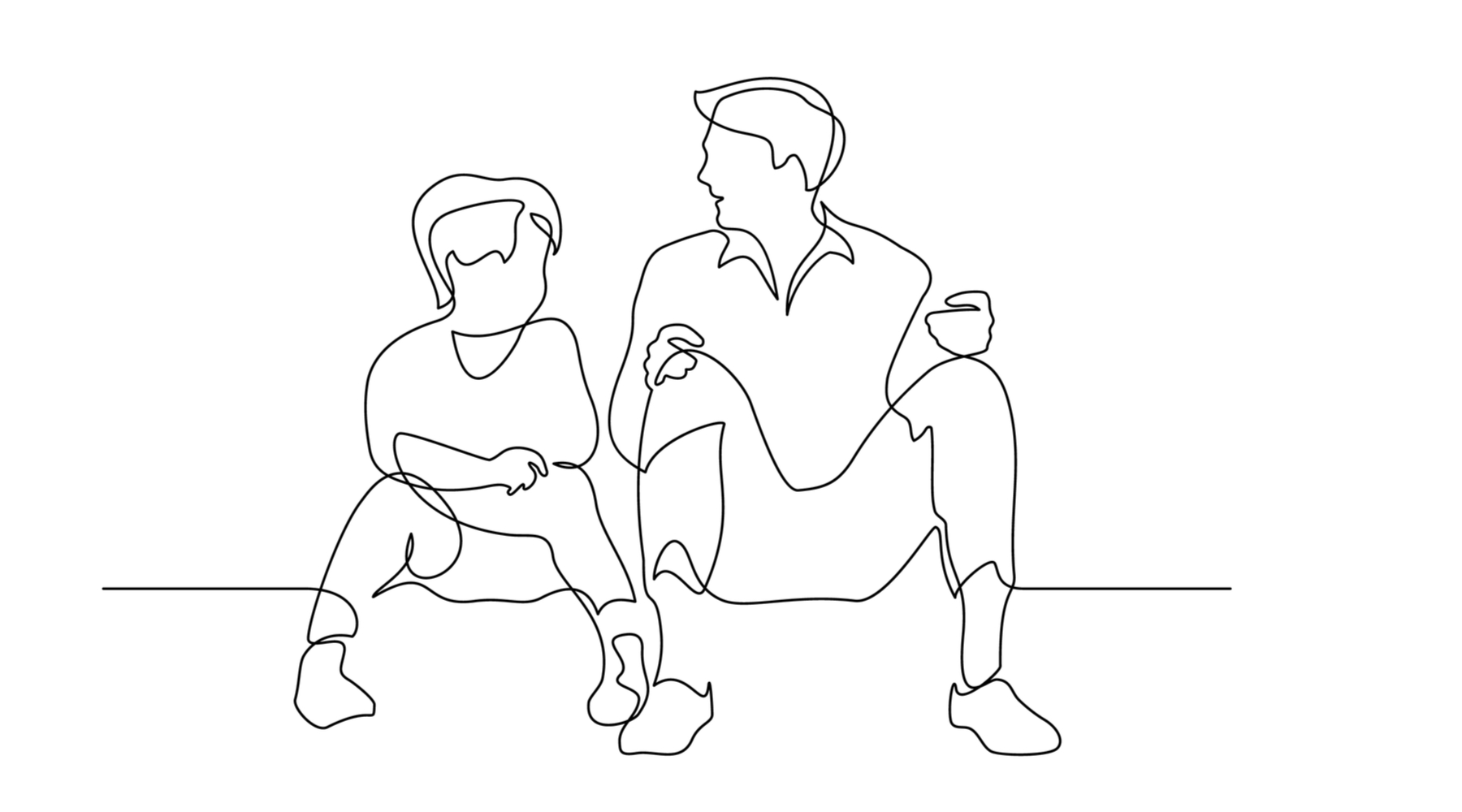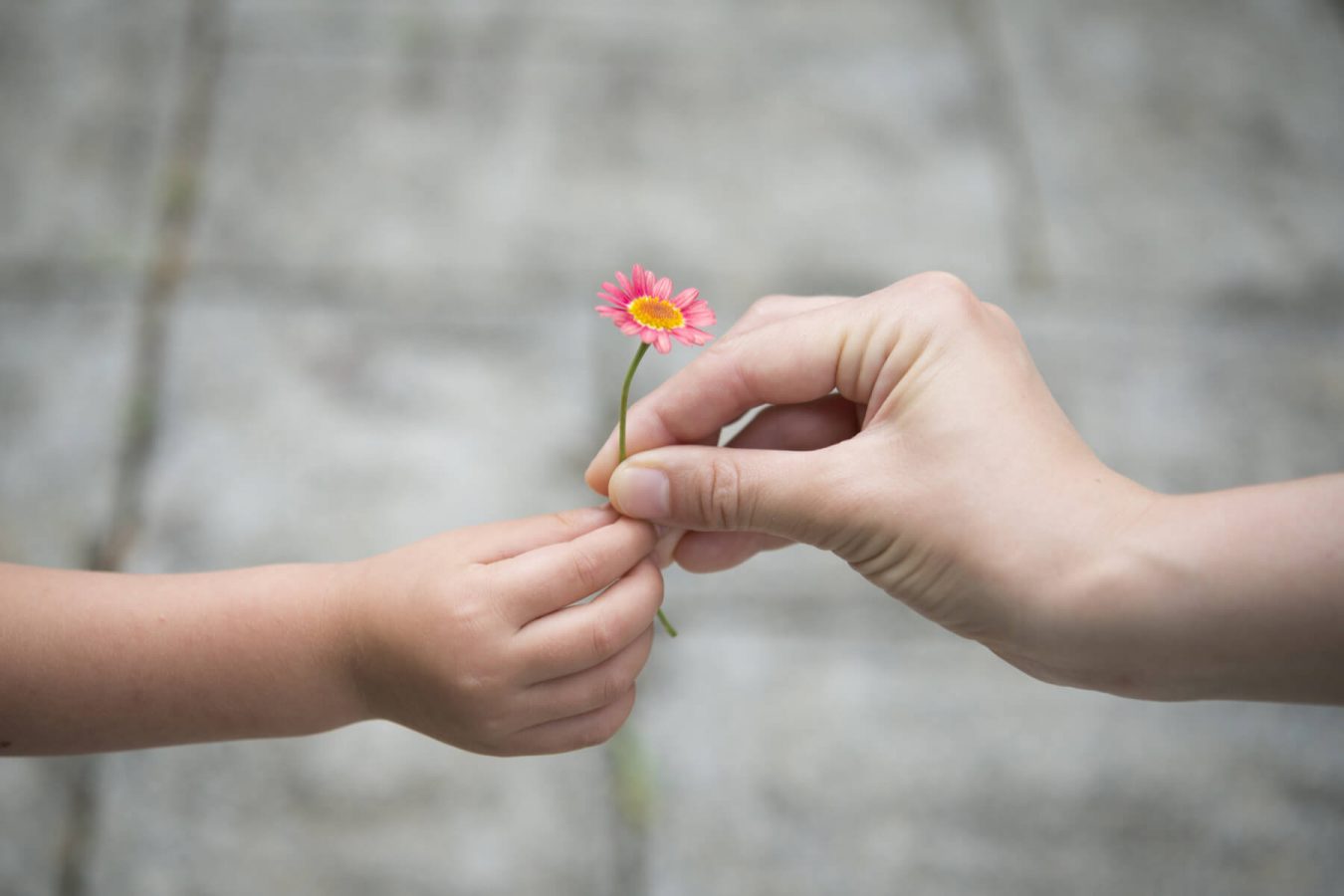
Helpful strategies to begin conversations about puberty, the top animations from TED-ED, and a moving reflection on mother-daughter relationships.
Our selection of thought-provoking and useful resources from around the web on educating and raising children, and supporting families.
How to talk to children about puberty: 10 how-to strategies to get things started
(Michelle Mitchell)
Most parents tell the author that puberty wasn’t spoken about when they were young – it just arrived. Some were given a book and the offer of, ‘Come to me if you have any questions’.
Today, she writes, in what is a highly sexualised world, parents need to step more deliberately into this space. Topics now include cybersafety, consent and protective behaviours.
These conversations are understandably daunting. How best can parents initiate these important discussions?
The author offers 10 strategies to help parents, a ‘set of tried and tested ideas that will show you how to practically talk to your son or daughter about puberty’.
They include making a list of puberty-related topics, and asking them what they want to talk about. And giving them a time frame for the conversation.
Read the full articleThe 10 most popular TED-Ed animations of 2021
(Lauren McAlpine, TED-Ed)
TED-Ed is the youth and education initiative of TED, an offshoot aimed at sparking and celebrating the ideas of teachers and students around the world.
The signature content for TED-Ed is animations – short videos that explore ideas and answer questions. In 2021, people spent more than 36 million hours watching the animations on YouTube – more than 4100 years.
This post lists the most popular animations over the past year. Number one is What causes dandruff, and how do you get rid of it? It’s had 10.5 million views. You can watch it above.
Others include How to take the perfect nap (number four), and The Norse myth that inspired ‘Lord of the Rings’ (number nine).
Read the full articleWatching mother-daughter relationships through health and sickness gives me hope for mine
(Ranjana Srivastava, The Guardian)
On the morning of her daughter’s birthday, and the author, a Melbourne oncologist, realised that all her appointments that day were with women. The encounters that follow ended up being an ‘unplanned window into the mother-daughter relationship’.
There are heart-warming examples of daughters supporting mums, and the ‘rock star’ mum who is looking after the grandchildren. And there are the relationships that don’t fit the feel-good script, such as the mother who declares her daughter is ‘dead to her’.
It leads to the author considering her own teenage daughter and their relationship. She watches her daughter supporting friends, employing the full extent of her empathy and humanity in a way I didn’t’. And her daughter’s intuitive love, the way she stands by her principles.
It’s a moving, beautiful reflection.
You might also like our interview with the author, Want to be a doctor? This is what it takes
Like this post? Please share using the buttons on this page.
Read the full articleSubscribe to The Parents Website


